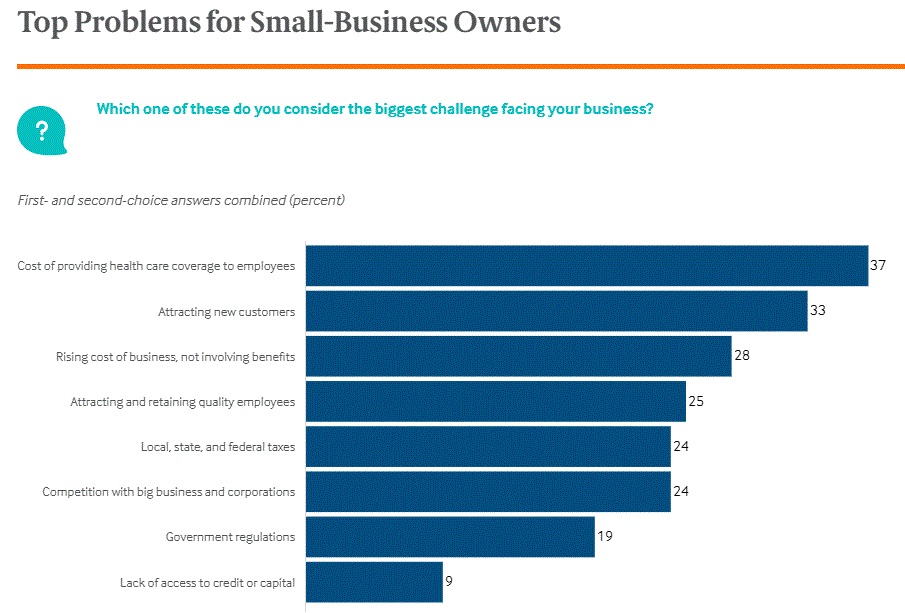
Hi everyone, this is @USofCare's @e_huppert and @AndrewSchwabDC - we're excited to live tweet today's #VOTE event.
Get your @USofCare voter guide here! unitedstatesofcare.org/resources/2020…
What questions do you have for Mike and Andy on health care and this election?
Former VT Governor Jim Douglas preaches civility when engaging your candidates on any issue, including health care. "You can't seek to delegitimize another person's view. You need to listen and understand it."
Many candidates have websites with their issues and positions. Voters should seek out opportunities to understand where their candidates stand.
Douglas shares emotional story about hearing directly from Vermonter residents who had lost a child to a drug overdose & ended up appointing the dad to an advisory committee.
Now @e_huppert is discussing the @USofCare voter action guide containing information about where to vote, key questions to ask of candidates and how you can engage candidates directly (in a socially distanced manner, of course).
Six easy steps: 1. Make a plan 2. Research your candidates 3. Use our voter action guide when talking to candidates 4. Share with your friends and family 5. Host or join a socially distanced event to share importance of health care to you 6. Add our "I voted" avatar on social!
Here's the guide! unitedstatesofcare.org/resources/2020…
@birbigs asks @ASlavitt what gets him up in the morning about health care. Answer is "so many people wake up wondering if something bad happens, can they afford it? We can do better than that."
@ASlavitt says the public is way ahead of the politicians on health care and that our job as engaged voters is to get them to catch up to where the voters are.
There's a lot of disinformation out there - how can voters parse through all of the conflicting information? @ASlavitt responds that we must look at what candidates do and not what they say.
It's important to vote all the way down the ballot because the lower down candidates are the farm system for higher office. #Insights
Did you know that when you call an elected official's office they likely will get a log from their staff on what opinions had been shared that week? Andy shares this people power tool everyone has to let our leaders know where we stand.
Question: What is the most effective way to cross the divide? @birbigs suggests it's personal stories, shares he had bladder cancer at19 but when he was a freelance comedian, he couldn't get insurance (this was pre-ACA and is exactly why we have to protect pre-ex conditions).
This is an odd bit about French toast and syrup followed by but is redeemed when @ASlavitt says the overall message is to "vote and get other people to vote."
• • •
Missing some Tweet in this thread? You can try to
force a refresh




